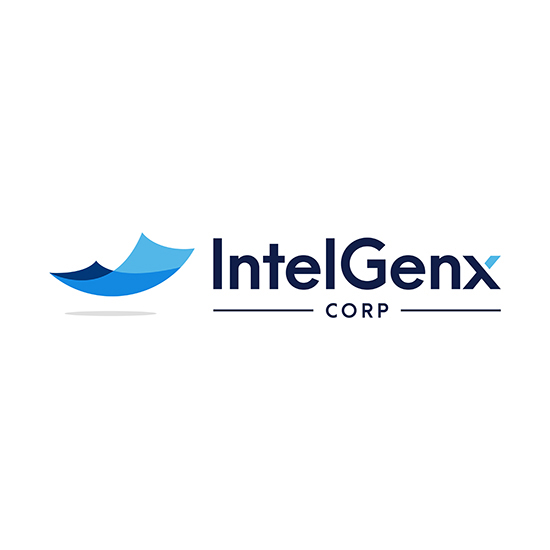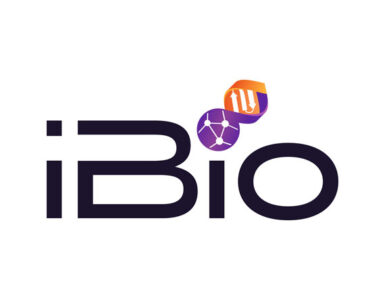
IntelGenx (TSX:IGX; OTCQB:IGXT) updated its collaboration with strategic partner, atai Life Sciences (NASDAQ:ATAI), which has begun a first-in-human Phase 1 study for the development of novel formulations of pharmaceutical-grade psychedelics based on IntelGenx’s polymeric film technologies.
Under the collaboration, IntelGenx conducted pre-development, formulation development work and clinical supply manufacturing to provide a product prototype to atai for further clinical investigation.
The previously undisclosed candidate, buccal VLS-01, is a buccal film containing a synthetic form of N,N-dimethyltryptamine.
atai is developing the product as a novel therapy for treatment-resistant depression (TRD) in combination with its digital therapeutic designed to provide contextual “(mind)set-and-setting” support to patients prior to dosing.
“We were very pleased with atai’s recent announcement that it had dosed the first subject in its Phase 1 clinical trial of buccal VLS-01, with topline results expected in the first half of 2023,” Dr. Horst Zerbe, CEO of IntelGenx, said in a statement.
“The initiation of this first-in-human study of a pharmaceutical-grade psychedelic buccal film drug candidate represents the achievement of another major milestone for IntelGenx, and what we expect will be the first of many for our strategic partnership with atai,” he added.
Dr. Srinivas Rao, CSO of atai, said exploring novel approaches to drug delivery can potentially simplify in-clinic administration and allow greater pharmacokinetic control of the psychedelic experience and its overall duration of hallucinogenic effects.
“We’re pleased to see this trial move forward as we establish the safety and tolerability of our compound,” he added.
An estimated 100 million people live with TRD globally – or a third of people with depression – who are undertreated or unresponsive to available treatment options.
In addition to its impact on patients, families, and caregivers, TRD significantly burdens healthcare systems and payers. Direct medical costs for TRD patients are estimated to be two times higher than for non-TRD major depressive disorder patients, with an average of twice the number of inpatient visits and hospital stays that are over one-third longer.





